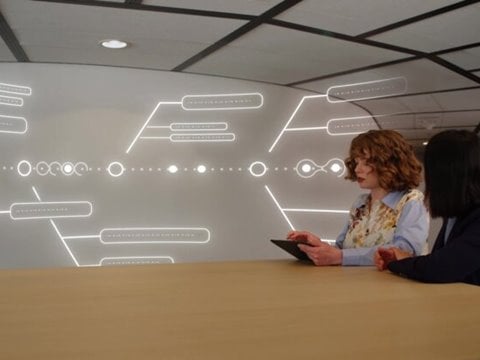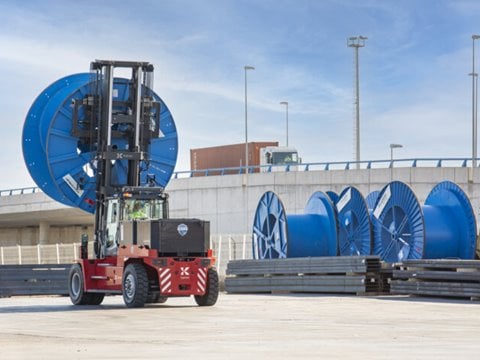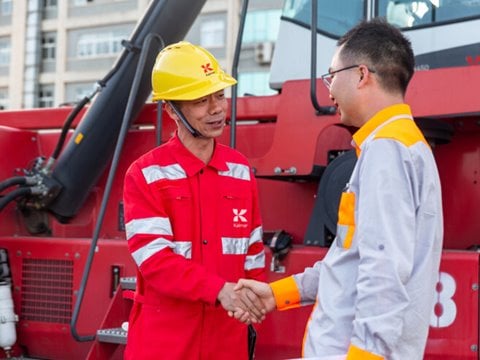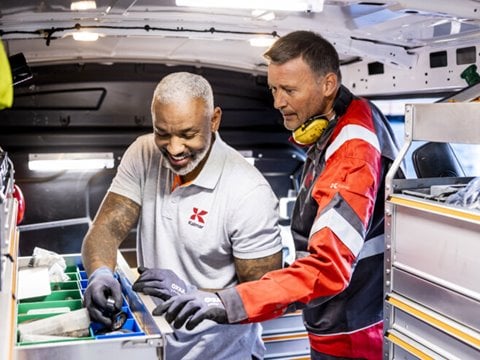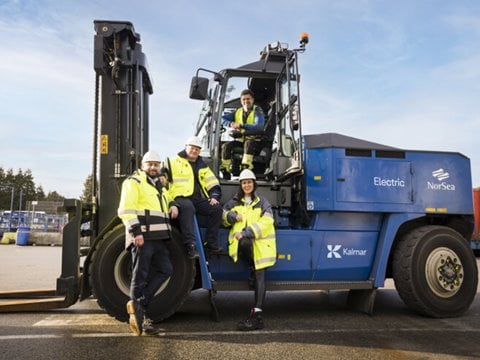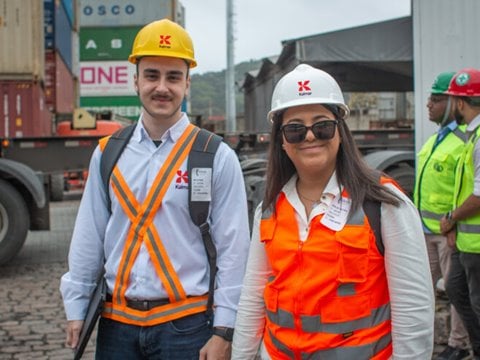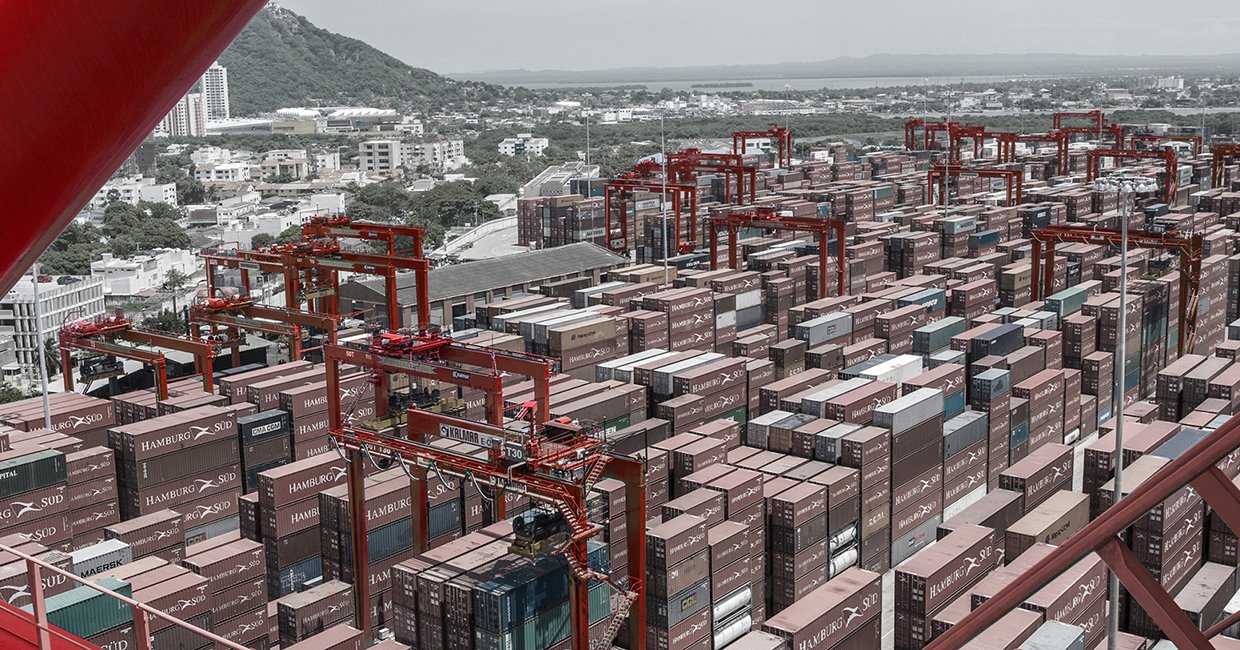
Energy and intelligence in 2060
We live in an engineering society, yet in modern industry, technological issues are not isolated to the realm of engineering. Business and management play an ever-increasing role in shaping the way we approach technological research, intelligent machinery and energy efficiency and the use of renewables.
There are two key areas of ongoing development that are likely to generate the most change in how we operate: the use of intelligent machines and the use and management of alternative energy. Our business and management practices must be attuned to these issues and we must be ready to adapt. It is good business sense, as well as intelligent technology, that will ensure shipping maintains its global relevance in 2060.
Firstly, machines are getting smarter. We know online what they are doing and how they are feeling – from the stresses on their structure to the condition of the environment in which they operate. The flood of information we now receive from machines is only set to grow, and it will fuel research into a new discipline based on better software to interpret this increased data flow. This will lead to new conceptual and technology based innovations both for products and services.
This artificial intelligence will help us separate the “nice-to-know” data from the crucial information online. If we can effectively harness and utilise this data, it will not only help us create better products and services but it will also allow our customers to make process innovations, ultimately meaning ports will be run more effectively.
The second thing we must realise is that while there are some things about shipping that will remain unchanged; the energy scenario in 2060 will be very different to that of the present. Port operations involve a lot of moving and lifting of heavy goods and therefore require a lot of power. However, by 2060 we will either have to be more fossil fuel efficient, or be using alternative sources of energy, for both economic and environmental reasons.
For business, tackling the dual challenge of economic and environmental sustainability only presents positive opportunities. This is because less fuel consumption equates to less cost, less pollution and more customers.
One global trend in the energy sector is electrification, both in process industry and mobile machines. It will raise a question regarding the primary source of electricity – whether it is water, coal, gas, nuclear, solar, wind or waves. This is not only a question for shipping, but also one that is fundamentally relevant to the modern, consumer based society that shipping is serving.
Let us assume that in 2060 electricity will be based on fusion and practically free. Business concepts and the focus of the world’s engineering brains will be very different. This leads to some interesting “what if” questions.
To conclude, it is business sense that is the driving force behind the world of 2060 being smarter, greener, faster and more efficient. Only by addressing energy and intelligence issues will the shipping industry continue to be big business long into the future. And there is always room for a better mousetrap – in 1960 it was a container.
Related articles
Further reading
Subscribe and receive updates in your email
Meld je aan voor onze publicaties